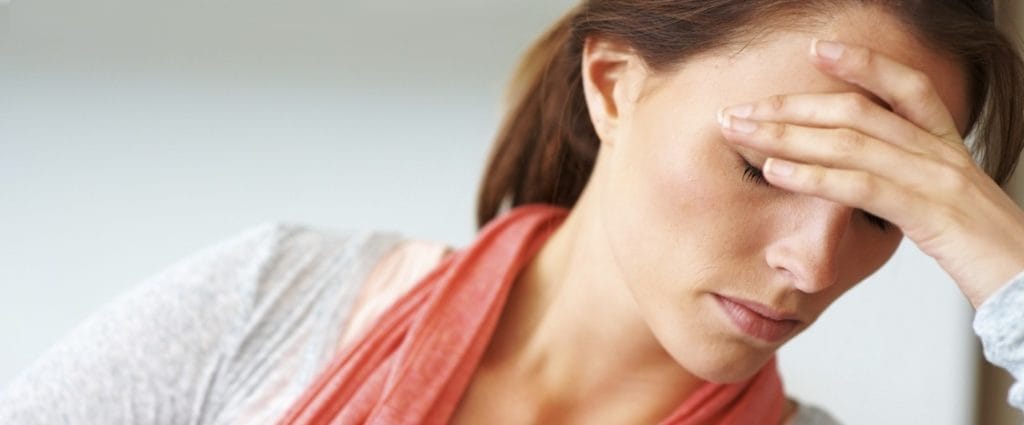When people with depression talk about how it’s affecting them, they often describe the mental and emotional burdens they feel. These can include feelings of sadness, guilt and irritability. People with depression may also feel like they’re a failure and that they’re never going to be happy again. However, depression can cause physical symptoms too, and you may not realize that these warning signs are related to depression — and your doctor may not, either. By learning how depression can affect the body as well as the mind, you may be able to recognize depression and seek treatment earlier. If these symptoms return later, they may be a warning sign of another episode of depression.
Head-to-Toe Effects of Depression
Around the world, people with depression often feel it in their bodies. In an Italian study, about 84 percent of people struggling with major depression reported unexplained physical symptoms — in other words, symptoms that didn’t seem to be caused by a problem such as a physical illness. In many cases, these individuals had more than five physical symptoms. In another study, which included people from 14 countries, an average of 69 percent of people who met the description of major depression had only physical symptoms.
Common physical symptoms in people with depression include:
Pain. When depression affects the physical body, it often shows up as pain. Research has shown that more than 40 percent of people who appeared to have major depression also had at least one painful symptom. In addition, depression tended to last longer in people who were in pain. Depression-related pain may occur as an ache or discomfort in many parts of the body, including:
- Head
- Abdomen
- Neck
- Back
- Muscles
- Joints
Digestive problems. You may notice diarrhea, constipation, nausea or an upset stomach when you’re depressed. A study in Finland found that people with symptoms of depression were significantly more likely to have these sorts of digestive problems. They were also more likely to visit a doctor because of these problems. Sleep changes. Most people having an episode of major depression also have trouble sleeping. You may have difficulty falling asleep or staying asleep, or you may wake up earlier than you’d like. Or you may find that you’re sleeping more when you’re depressed. Fatigue. This doesn’t just mean you’re sleepy. When you’re fatigued, you feel like you’re out of energy, as if the internal battery that powers you is nearly drained. As a result, you don’t have much desire to get up and move around. This is a common symptom in people with depression. However, many other conditions can also cause fatigue. Changes in appetite. You may find yourself eating more during times of depression. On the other hand, you may feel like eating less. These changes in appetite can send your weight up or down.
Depression: A Mind-Body Connection
If you think that your physical symptoms may be due to depression, talk to your doctor. Be aware that the links between these symptoms and depression can be complicated, so your doctor may need to spend some time examining and evaluating you before diagnosing and treating your problem. For example, if you’re struggling with a painful condition, you may be more likely to become depressed. Studies have found a higher risk of depression in people with insomnia and women with migraines and other headaches. Some conditions, like chronic fatigue syndrome and fibromyalgia, are associated with a number of symptoms that can include fatigue, pain and depression. In some cases, your doctor may recommend a medication that can treat depression and other symptoms. For example, antidepressant drugs have been found to be helpful in treating chronic low back pain, the pain associated with fibromyalgia, and pain in general.

